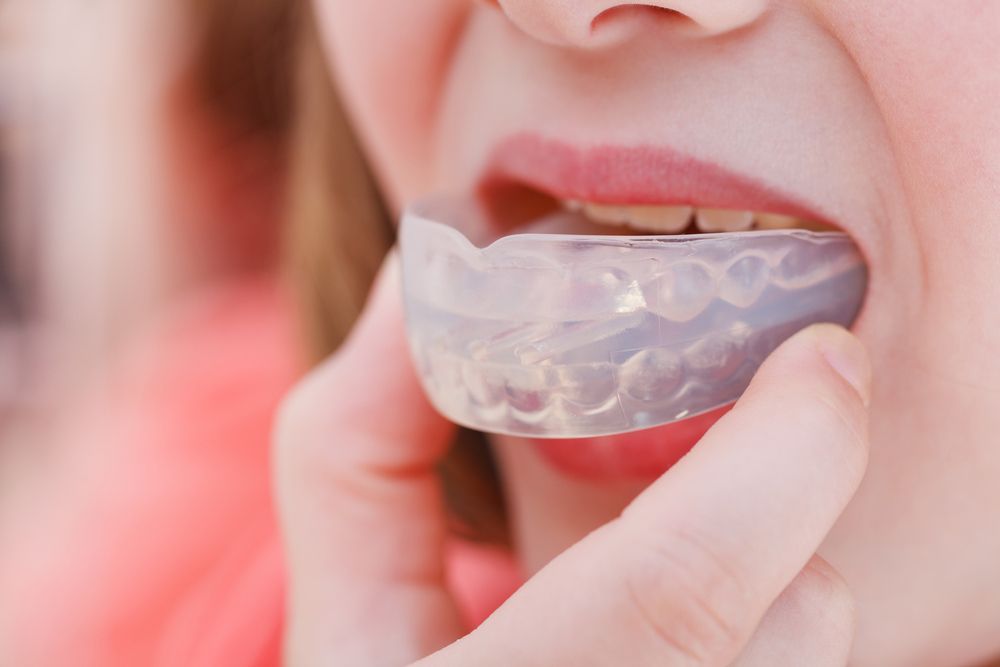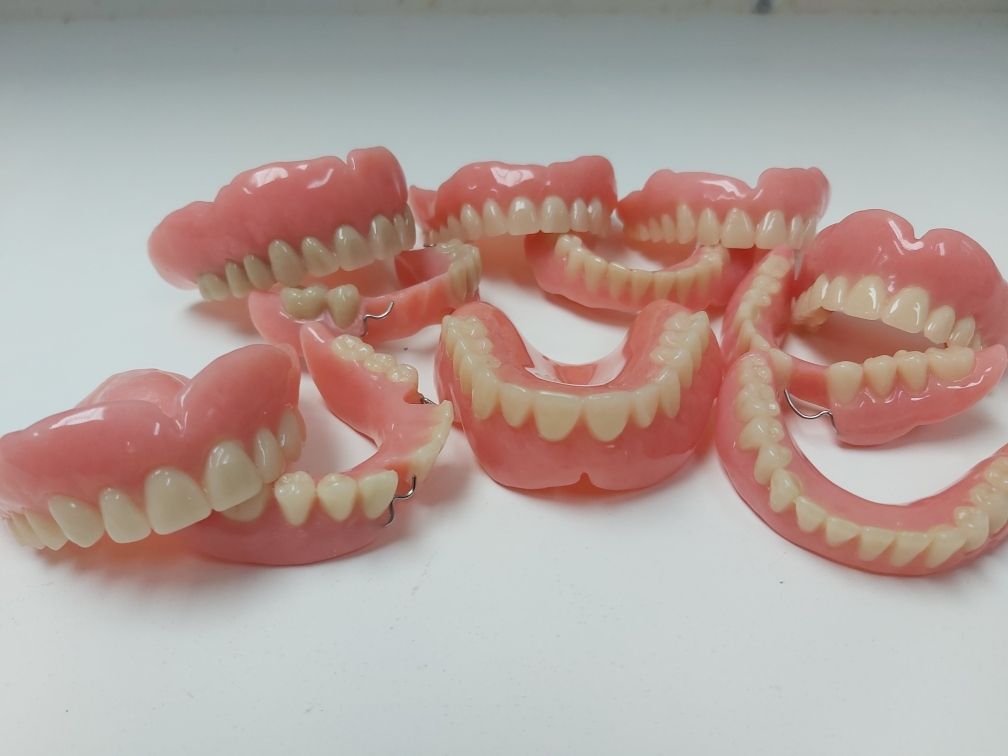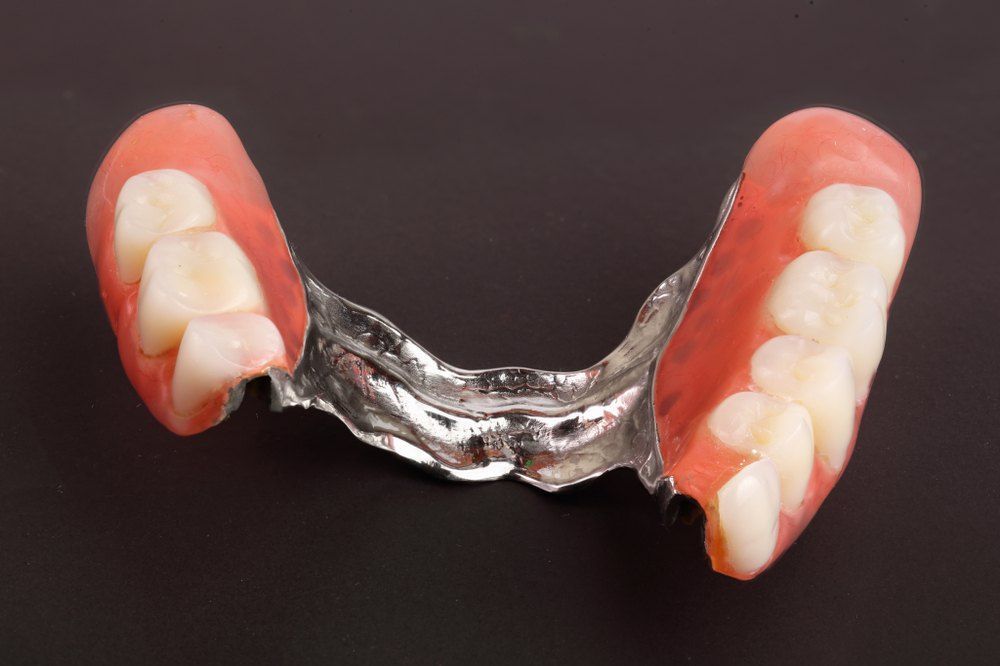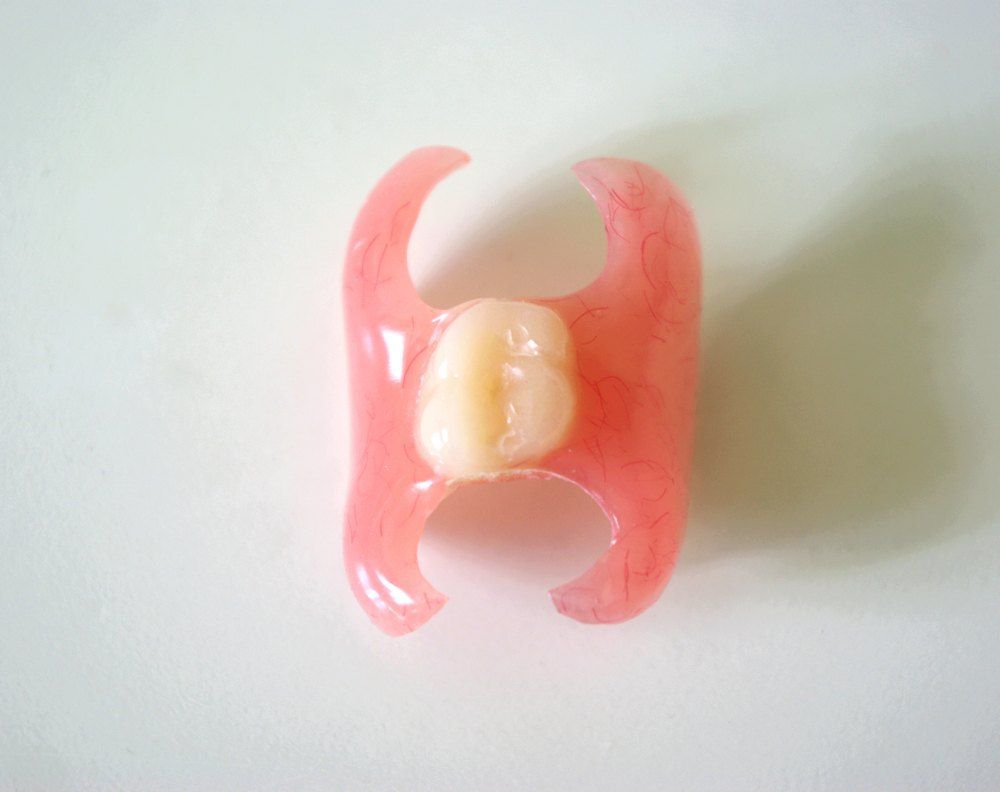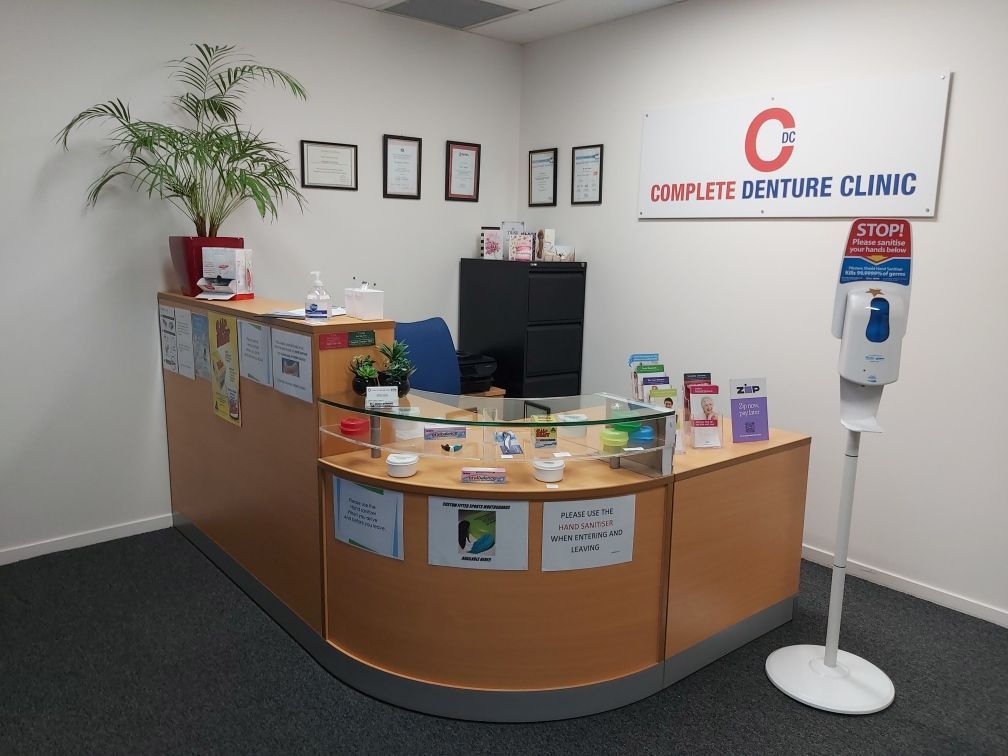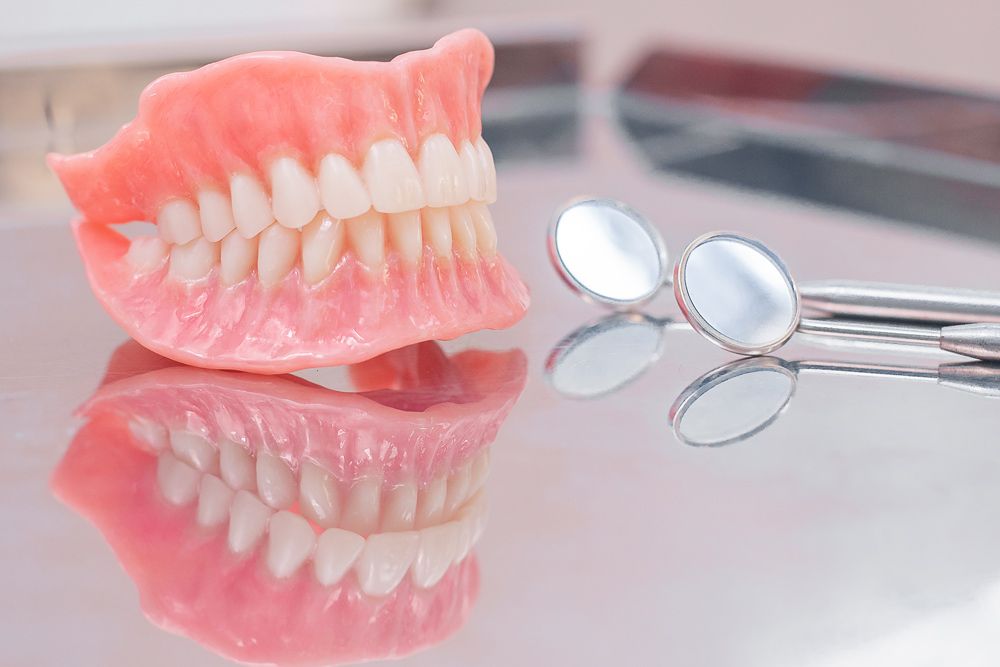Committed to Quality Care
At Complete Denture Clinic in Kanwal, we design, manufacture and fit dentures—including full, partial, implant retained and immediate dentures. Our team also offer denture repairs and custom mouthguards to suit the specific needs of residents and visitors of the Central Coast.
We understand how important your teeth are. That’s why, at our Central Coast denture clinic, we focus on creating life-like dentures that look and feel as natural as possible. We believe you’ll have more reasons to smile if your dentures are not causing you any discomfort.
Why go another day not feeling good about eating and smiling? Your healthcare insurance will likely cover you when choosing to do something about missing teeth. Plus, your initial consultation is free of charge.
Adjacent to the Wyong hospital, our denture clinic at Kanwal is both welcoming and easy to find. Book your free consultation today.
Our Denture Options
Full dentures are removable prosthetics designed to replace all teeth in the upper or lower jaw. They restore chewing ability, improve speech and support facial structure for individuals with complete tooth loss.
Partial dentures are used to fill gaps where some natural teeth remain, helping to maintain proper alignment and function. They attach to surrounding teeth with clasps or flexible frameworks and are fully removable.
Immediate dentures are placed on the same day as tooth extractions, allowing patients to maintain appearance and basic function during the healing period. They are pre-made and may require relining or replacement once the mouth has healed.
Denture repairs fix common issues like cracks, broken teeth or damage from wear and tear. Relines reshape the internal surface of a denture to improve its fit and comfort as your mouth changes over time.
Implant retained dentures are designed to clip onto dental implants, providing greater stability and reduced movement compared to conventional dentures. They are removable but offer a more secure and comfortable fit throughout the day.
Custom mouthguards are moulded to fit the unique shape of your teeth and gums, offering protection during sport or teeth grinding. They provide better comfort and safety than generic, over-the-counter options.
Contact Us


